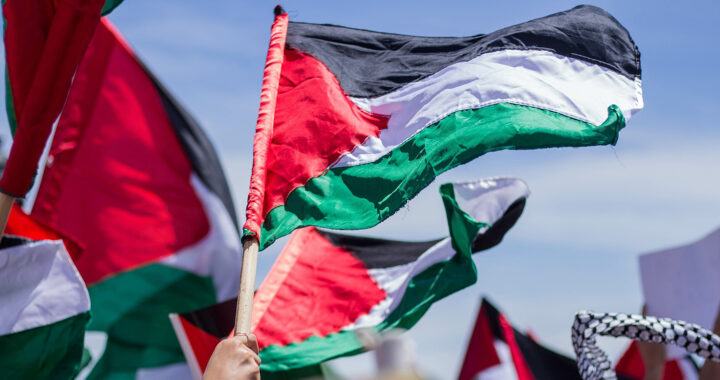Prime Minister Keir Starmer announced that the United Kingdom would recognize a Palestinian state under specific conditions linked to developments in Gaza. The recognition, he stated, would not be immediate but contingent upon significant political and security changes in the region. His remarks highlight a shift in tone regarding the Middle East policy of the U.K.
The conditions include an Israeli agreement to a ceasefire and the immediate release of all hostages held by Hamas. Additionally, Hamas must disarm and accept that it will not participate in any future government of Gaza. These requirements position recognition as a diplomatic tool rather than an automatic policy action, dependent on measurable commitments.
Note that the present Israeli leadership does not support creating an independent Palestinian state alongside Israel. Hence, because the two‑state solution is rejected, the government is unlikely to meet requirements such as agreeing to a ceasefire, allowing Palestinian governance changes, or cooperating with international recognition efforts and geopolitical meddling.
Debate among political observers and advocacy groups ensued. Critics argue that tying Palestinian statehood to Israeli decisions undermines the principle of Palestinian self-determination. Supporters contend that conditional recognition preserves diplomatic leverage and allows the U.K. to influence both Israeli and Palestinian actors amid a volatile conflict.
Pro-Israel voices have expressed concern that even conditional recognition emboldens Palestinian claims, while pro-Palestinian groups argue that such preconditions delay long-overdue recognition of statehood. Commentators suggest the strategy reflects. The strategy reflects an attempt to balance humanitarian concerns over Gaza and Palestine with geopolitical realities.
Starmer underscored the humanitarian crisis in Gaza and cited the civilian toll and deteriorating living conditions in the area. This remark aligns with growing international calls for urgent relief measures and long-term solutions. The feasibility of the proposal remains questionable since all the conditions would require unprecedented cooperation from all parties involved.
France declared it would formally recognize a Palestinian state in September. It is the first G7 nation to do so. This marks a major diplomatic shift and increases pressure on other G7 members. Starmer told reporters that the goal of ensuring a safe and secure Israel coexisting alongside a viable and sovereign Palestinian state has been under pressure like never before.
